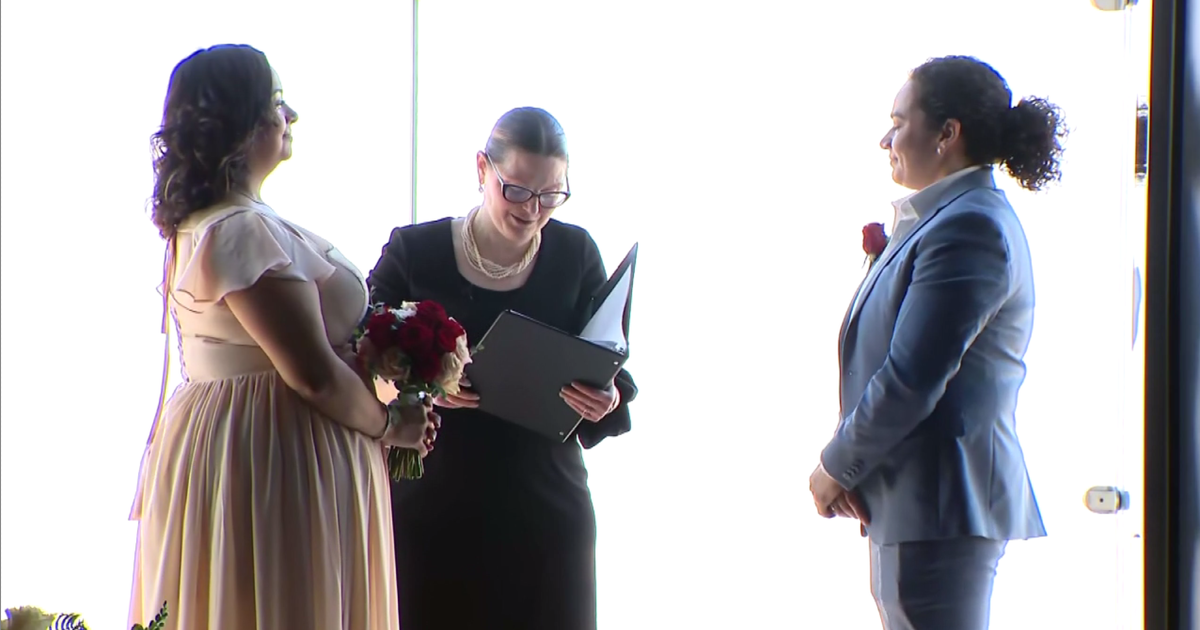Flexibility Is The New Workplace Trend
MIAMI (CBSMiami) -- Forget working 9 to 5, putting off retirement, or only taking an internship when you're still in college.
Some of the newest trends in the workplace could forever change the way you clock in and out.
In this uncertain economy, three things are clear when it comes to jobs. How long we're working and where we're working is changing, and flexibility is the new norm.
Recent statistics show 77-percent of employers now offer flex time. That's way up from 66-percent just a few years ago.
"I love it," said 'flex worker Kim Ziprik. "Never had a company that offered this type of benefit, and it's been one that's been very helpful for me."
Ziprik has a flexible arrangement. She chooses to work long hours a few nights a week, in exchange for a half day off every other Friday.
"I have something to look forward to every two weeks," Ziprik said.
Other flex options are becoming more popular, too. Flex place, or choosing where you work, is now an option for 63-percent of employees. That's almost twice the amount from a few years ago. Employers see these options as win-win's.
"Anything we can do to help them get their work done and try to keep work-life balance is what we're interested in doing," said human resources manager Barbara Bell-Dees.
Another change in the workplace: the rise of the hybrid job.
"Instead of hiring someone for one specific skill set, they're trying to integrate someone who has multiple skill sets so they can reduce their cost of hire," explained Adrienne Graham, CEO of Empower Me Corporation.
James Snider fills a hybrid position at his current job. He handles marketing, sales, and production. But after being unemployed for a year and a half, he was thrilled to be working again. The kicker is, he started the job as an unpaid intern.
"For somebody who's been out of work for an extended period of time, particularly the older job seeker," Snider said. "This is going to be something more and more of us need to do to get back into the game."
Something else that's shifting in the workplace is phased out retirement. Employees don't just clock out one last time when they hit a magic age.
"Preparing by gradually pulling back your hours is a good way for retirees to get a taste of the retirement life without jumping full-head into it," said Graham. "And gives the company time to plan and strategize to fill the void for when they're leaving."
Retirement is far from Ziprik's mind these days. She loves her flex-time arrangement and so does her boss.
"In the end, it pays off greatly," said Ziprik.
Another post-retirement trend is for retirees to go back to their old jobs as contract workers or consultants. Of course, the downside to that is the pay can temporarily reduce your Social Security benefits because you would be earning income.







